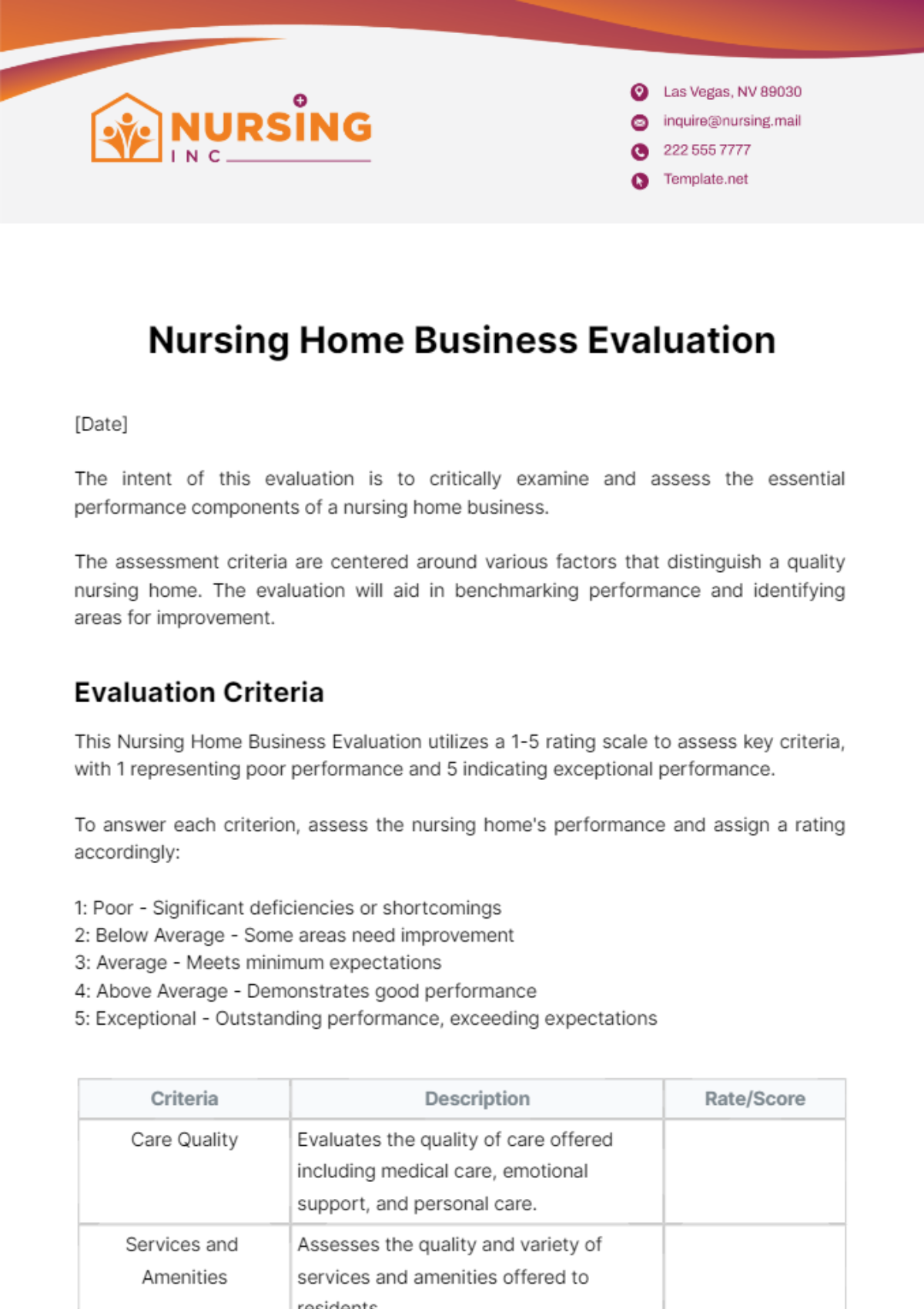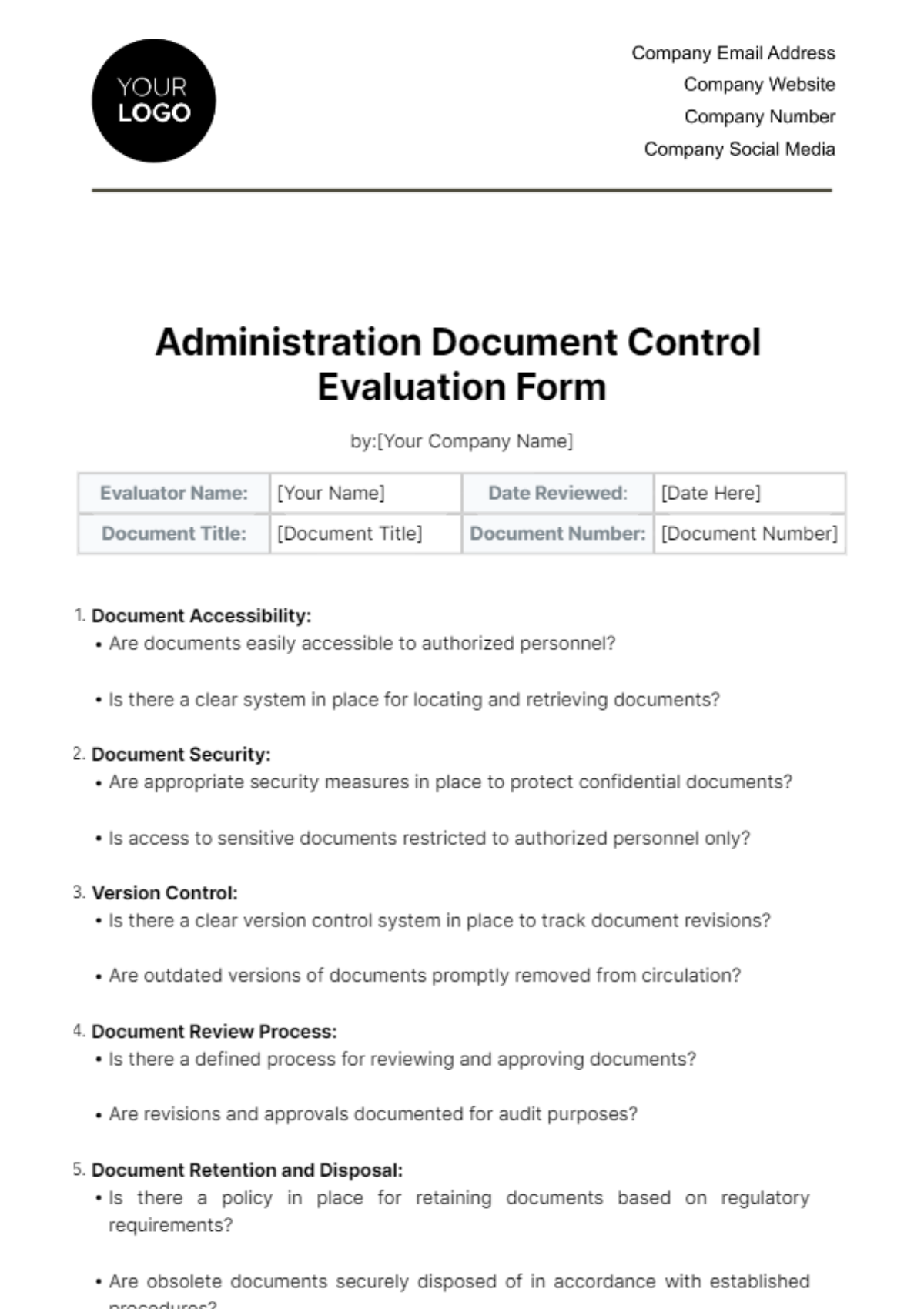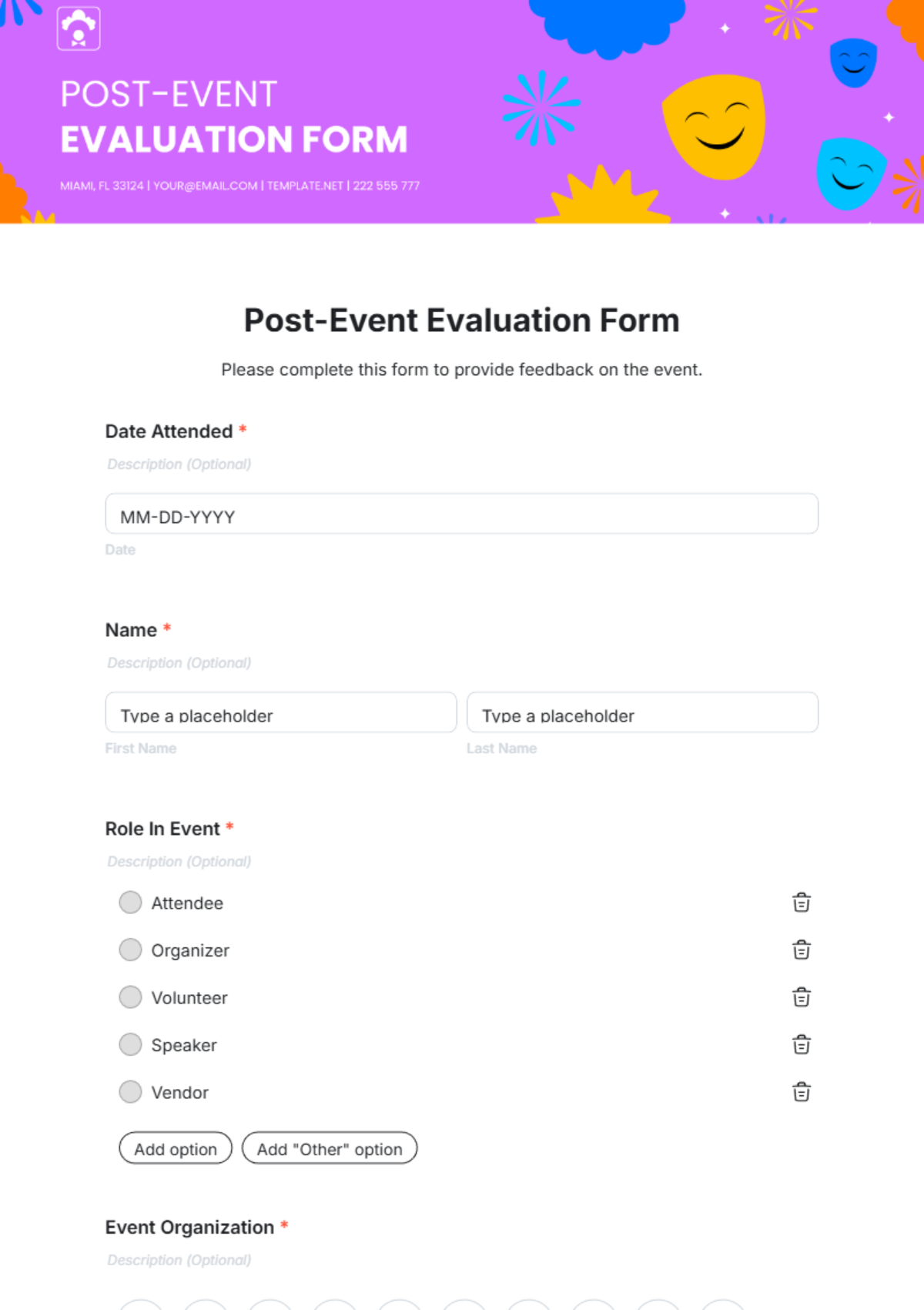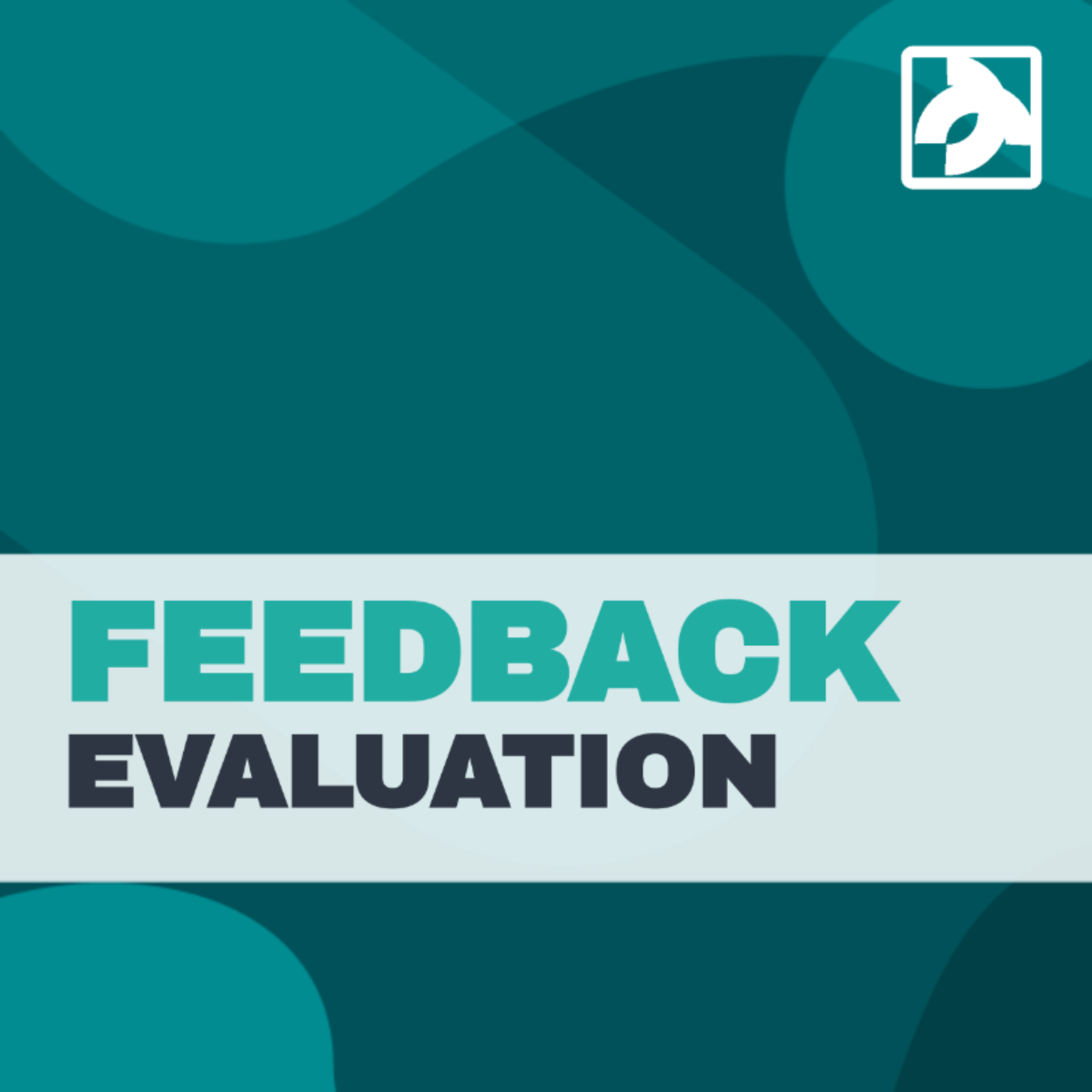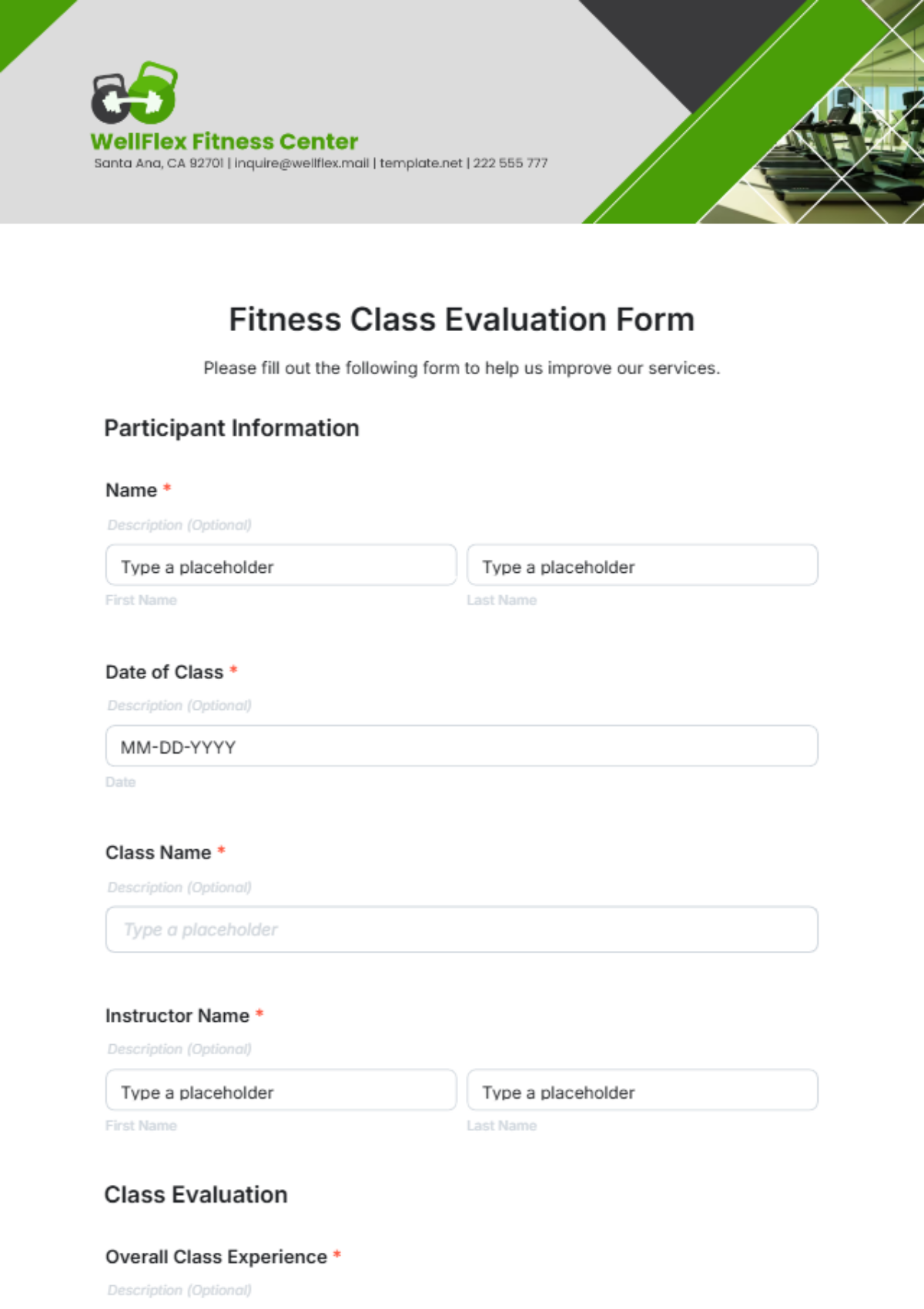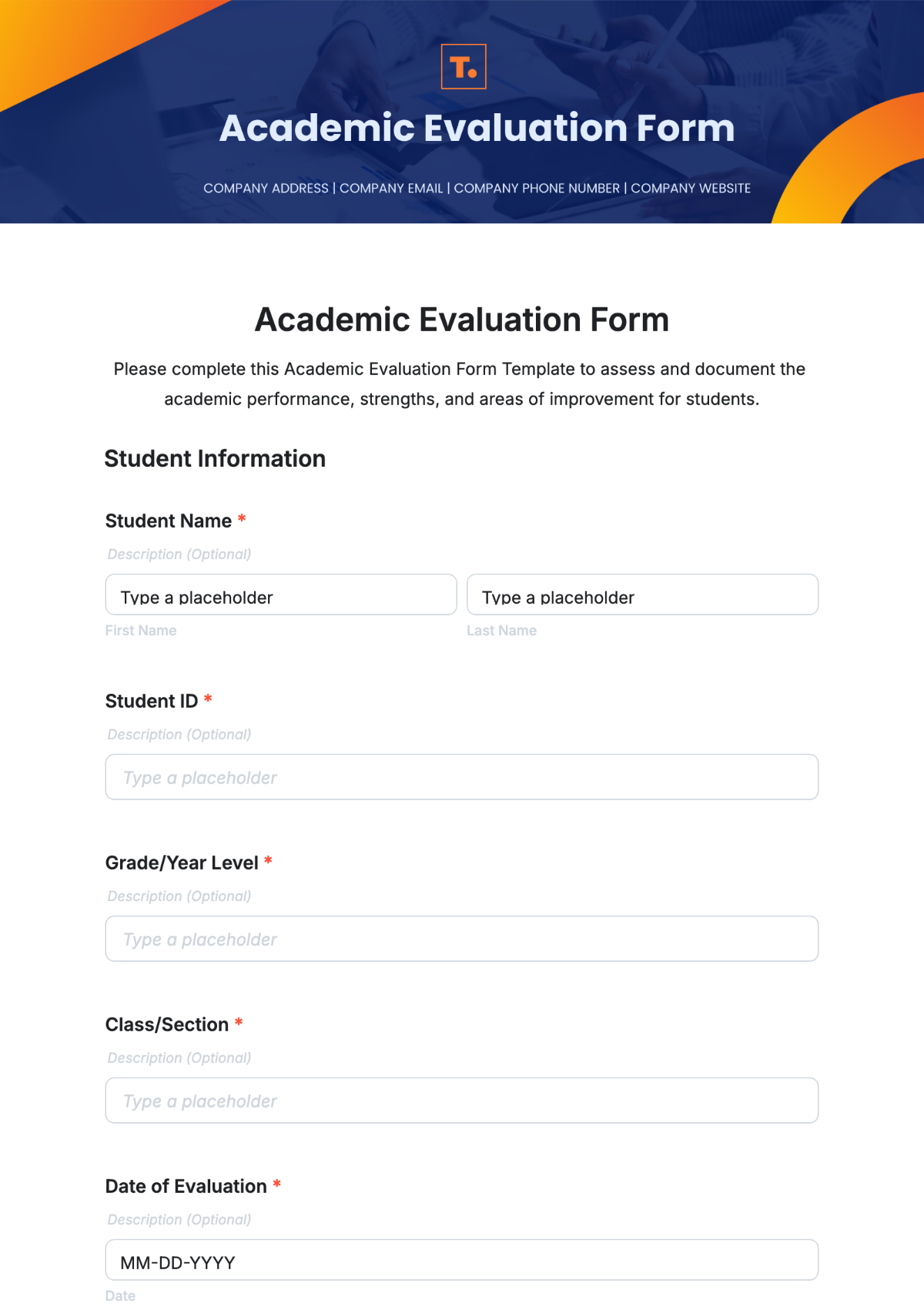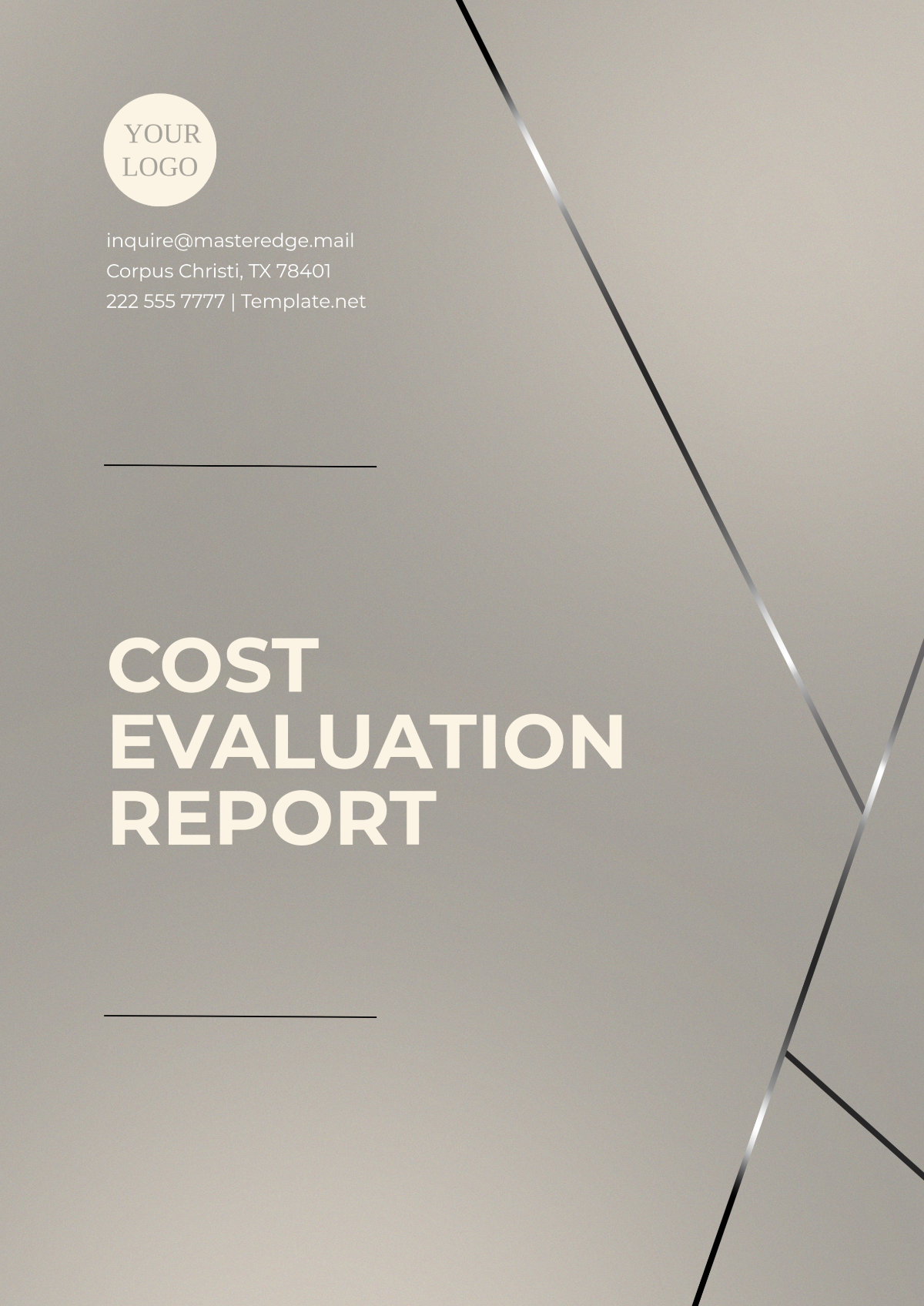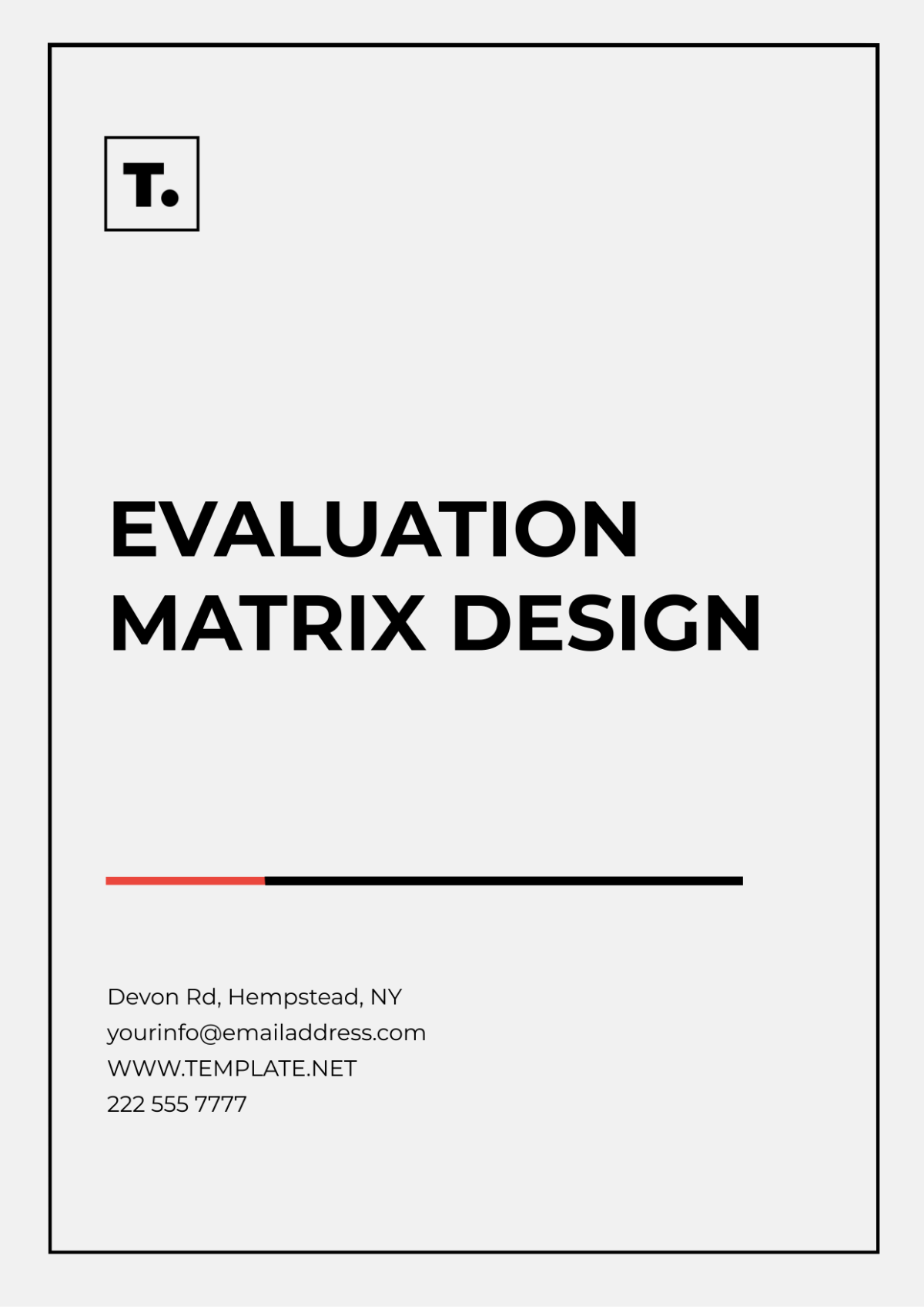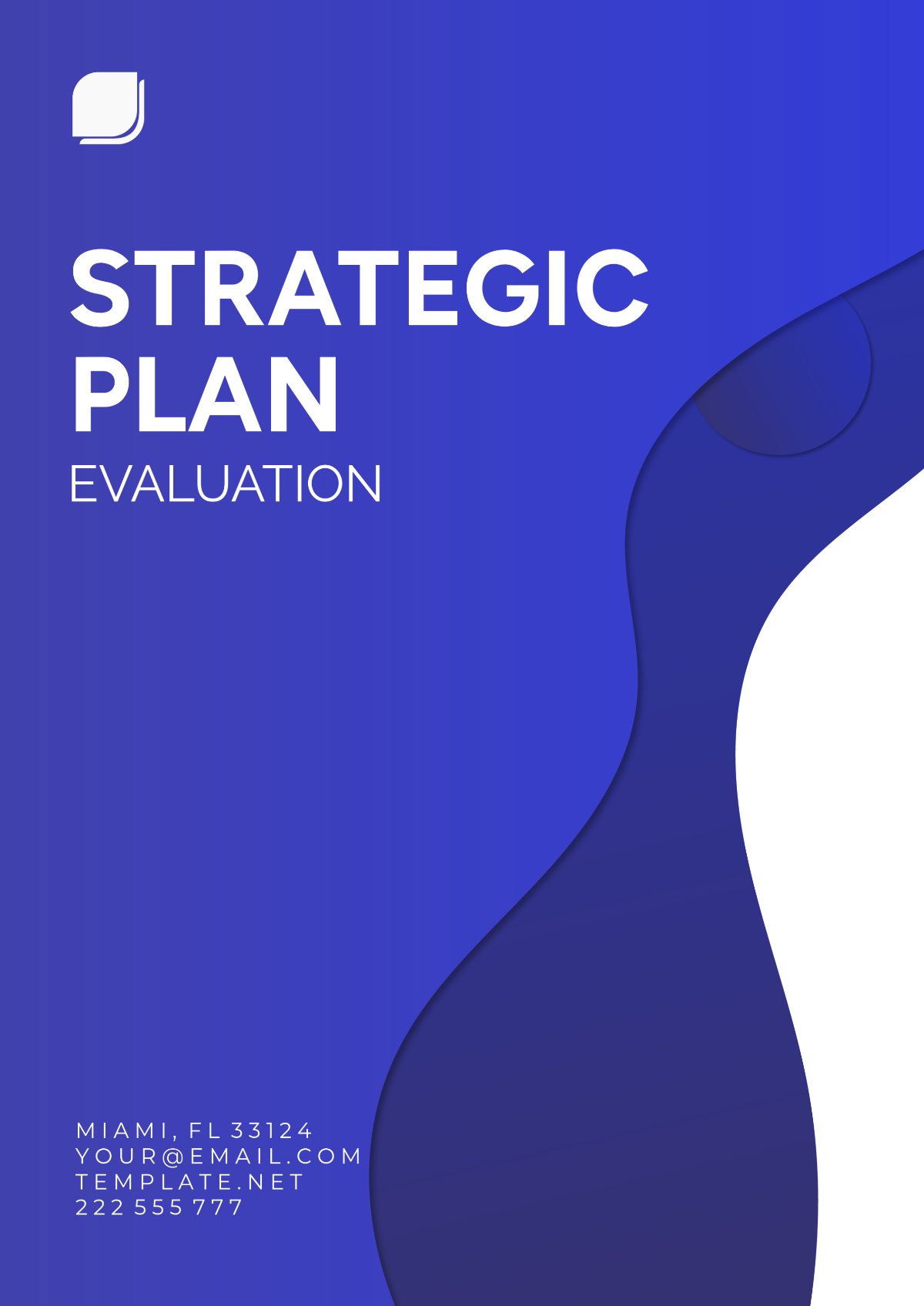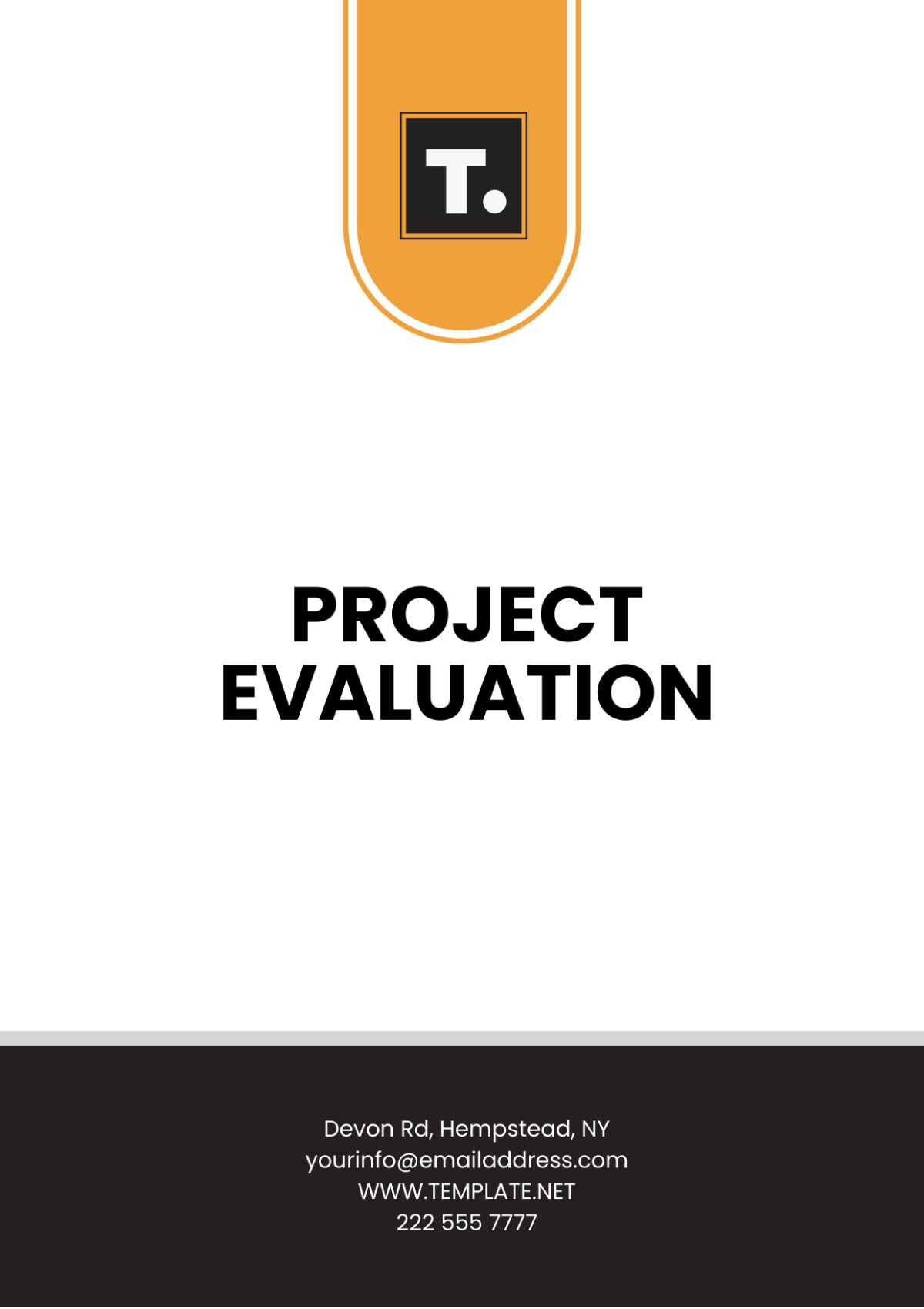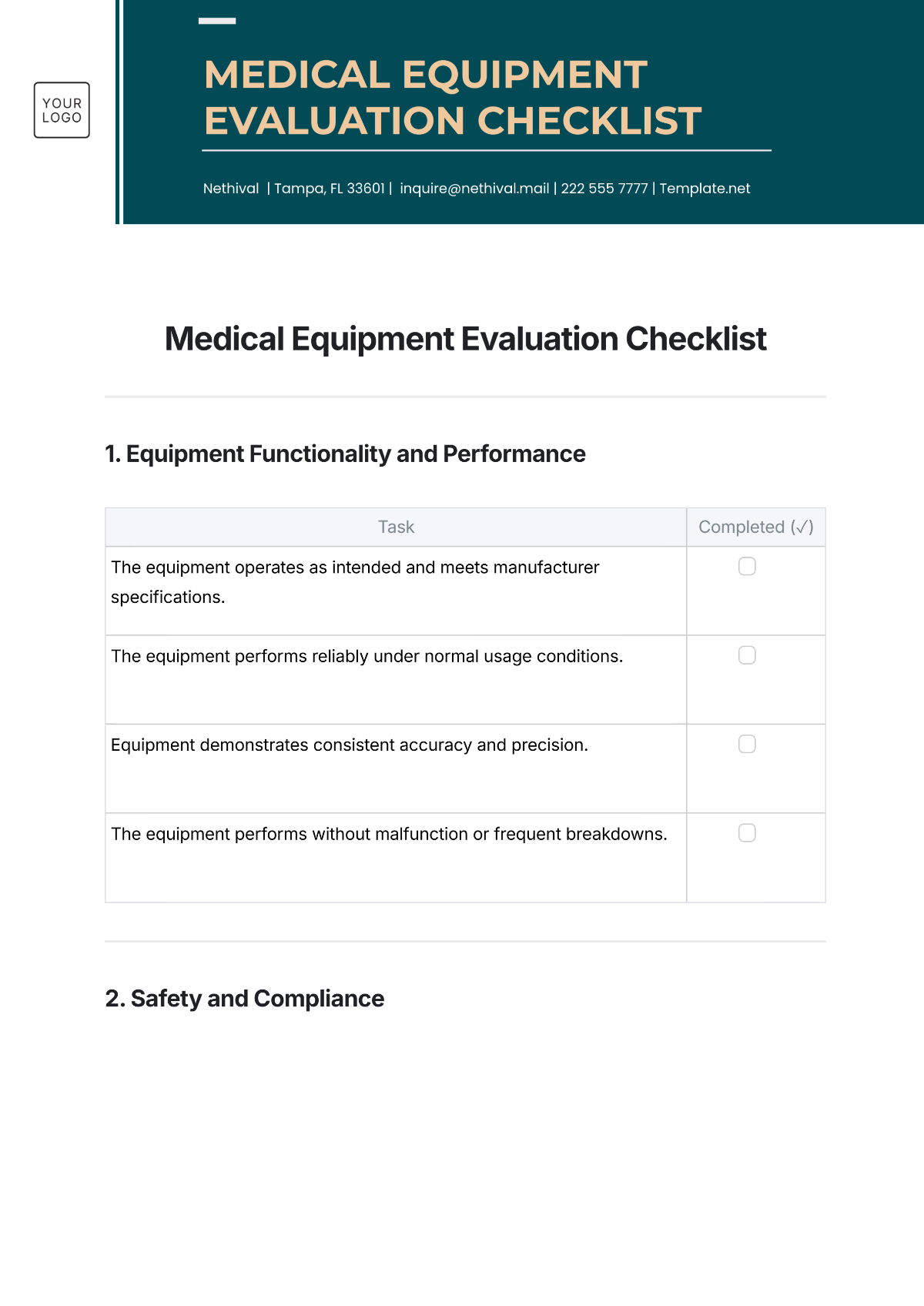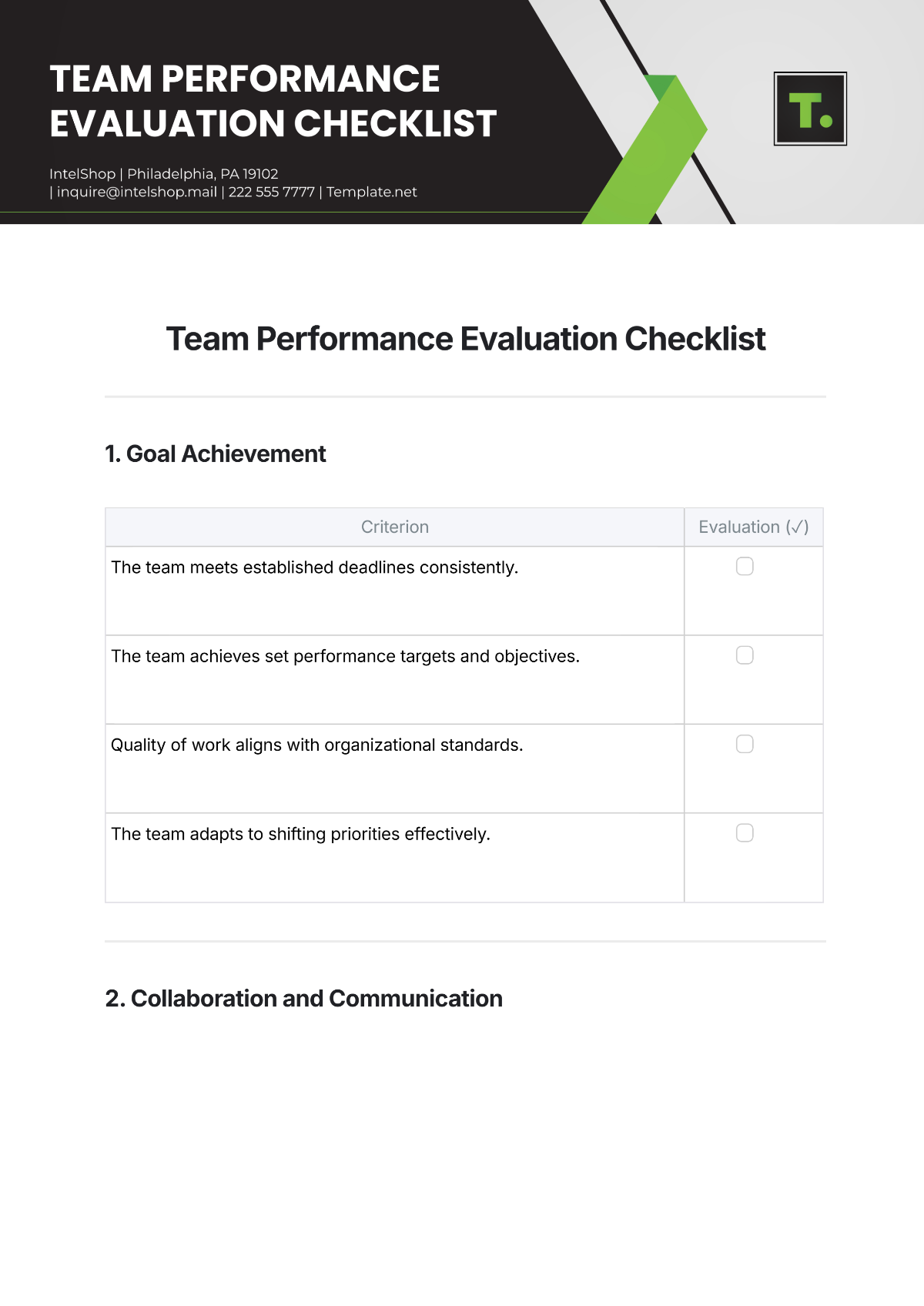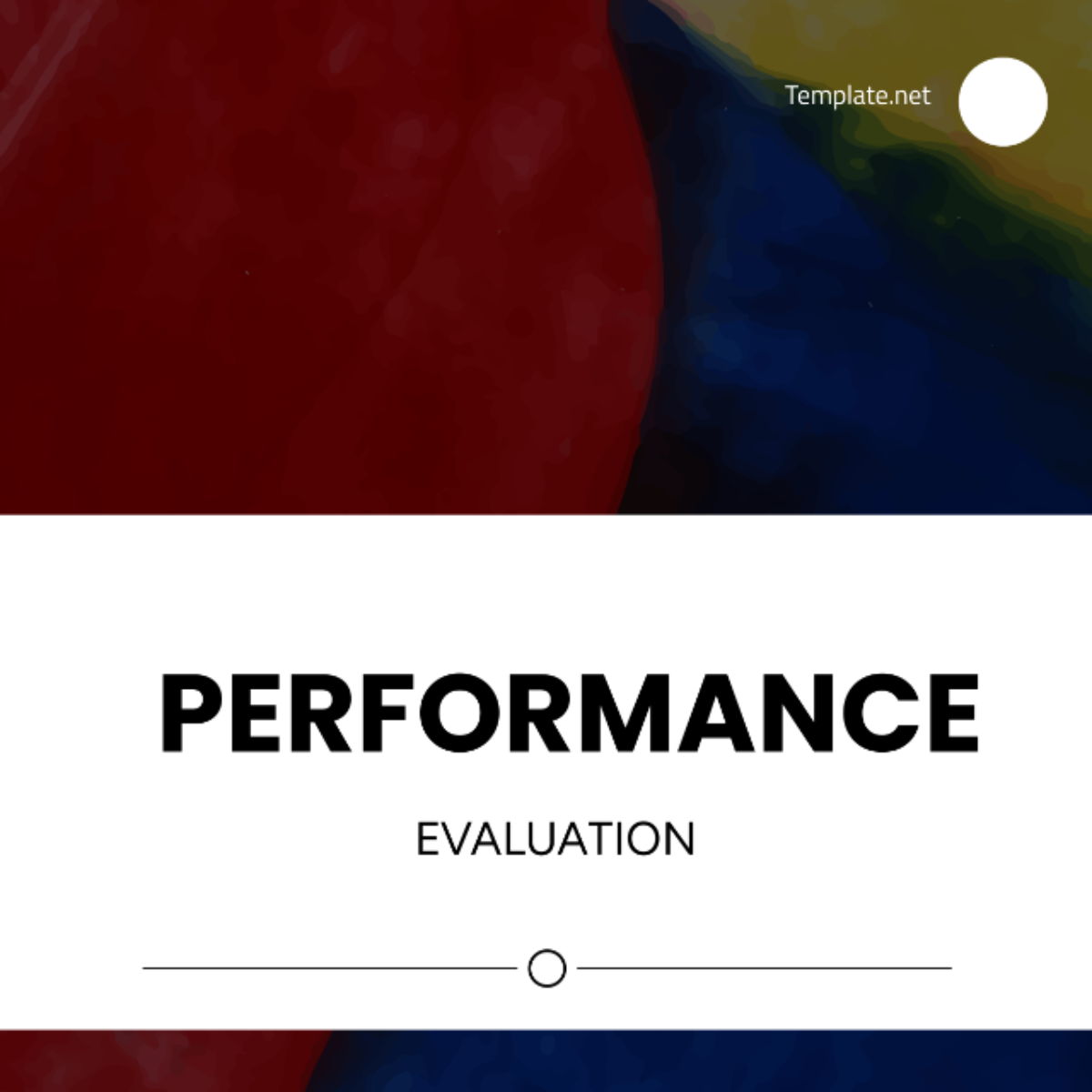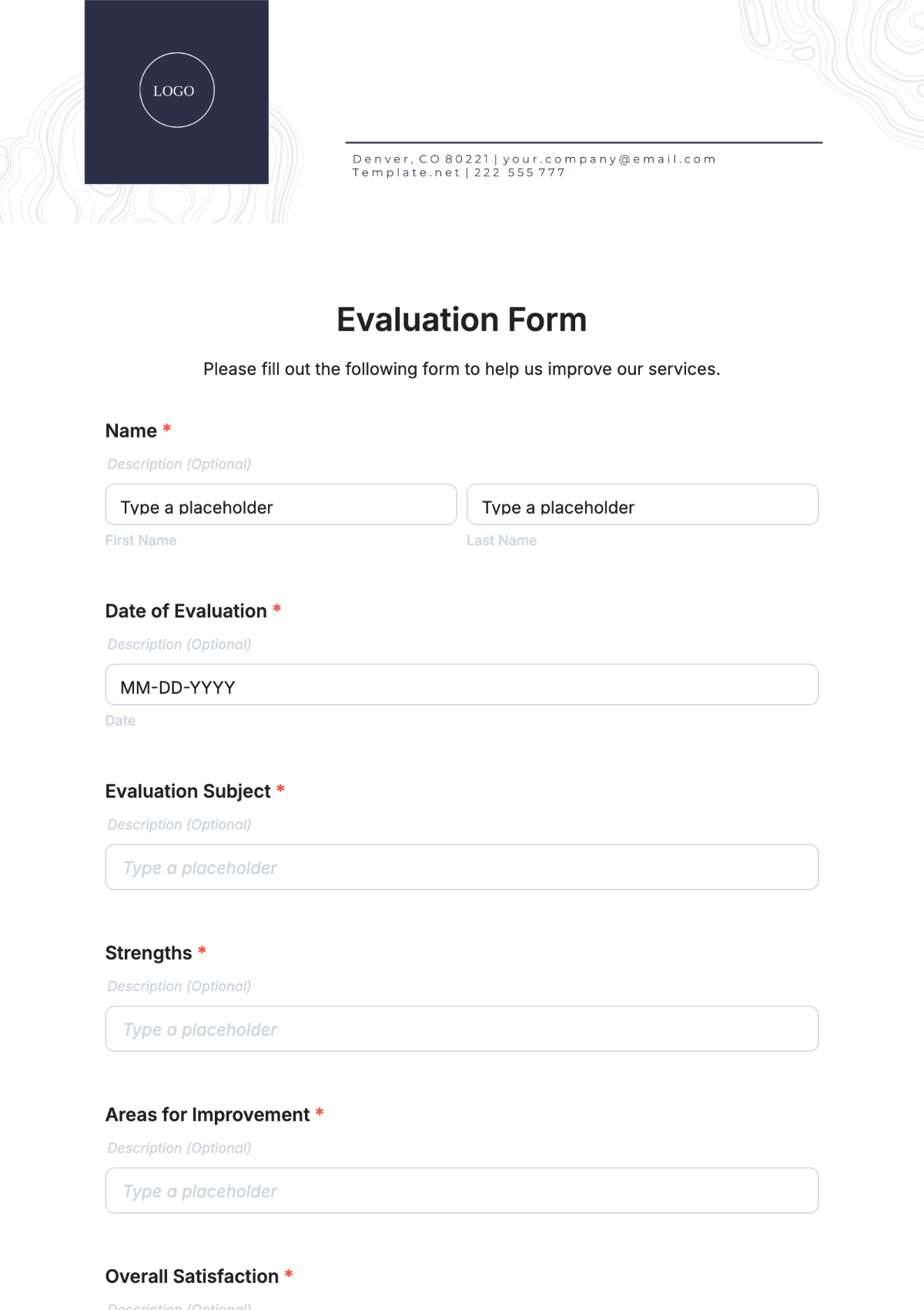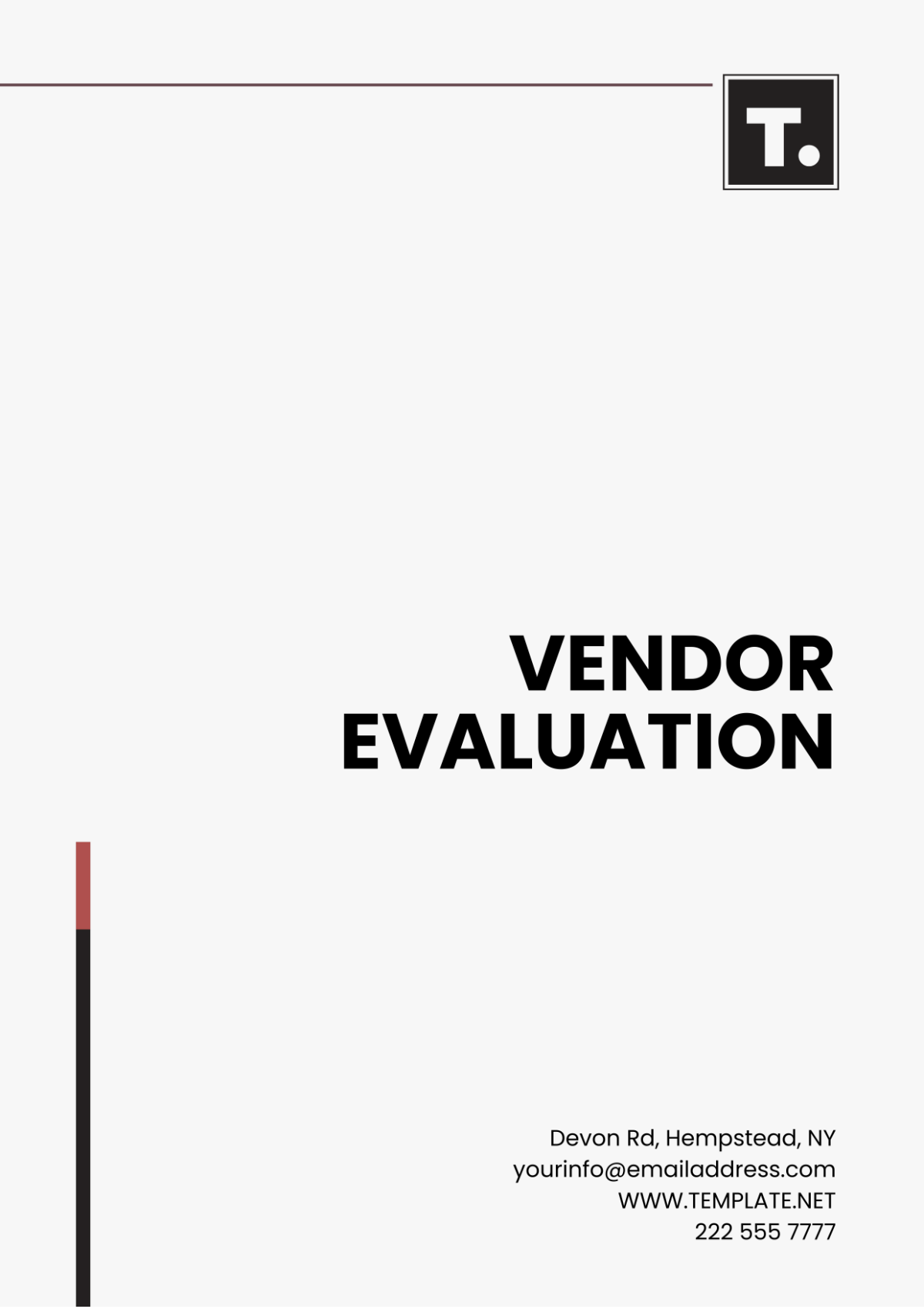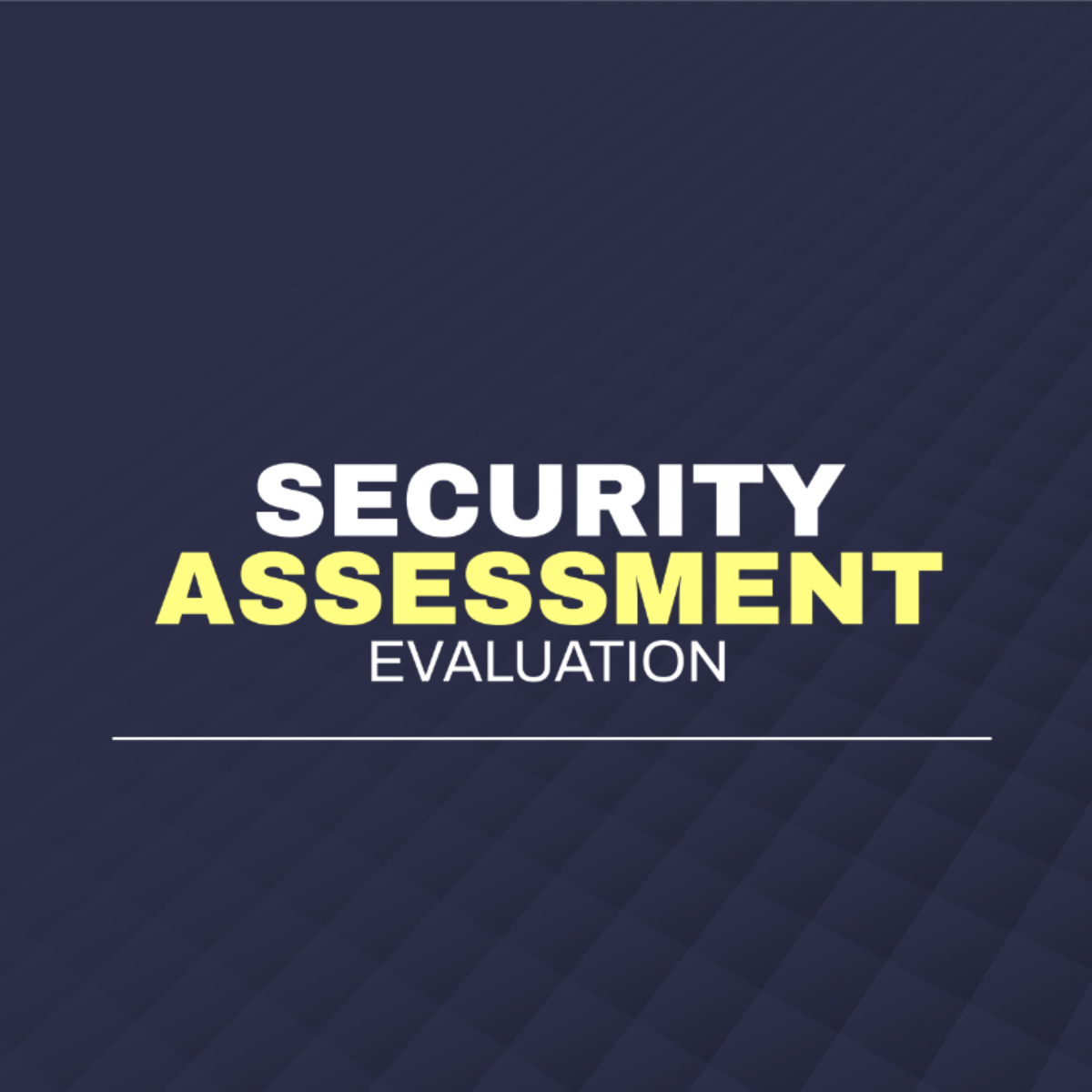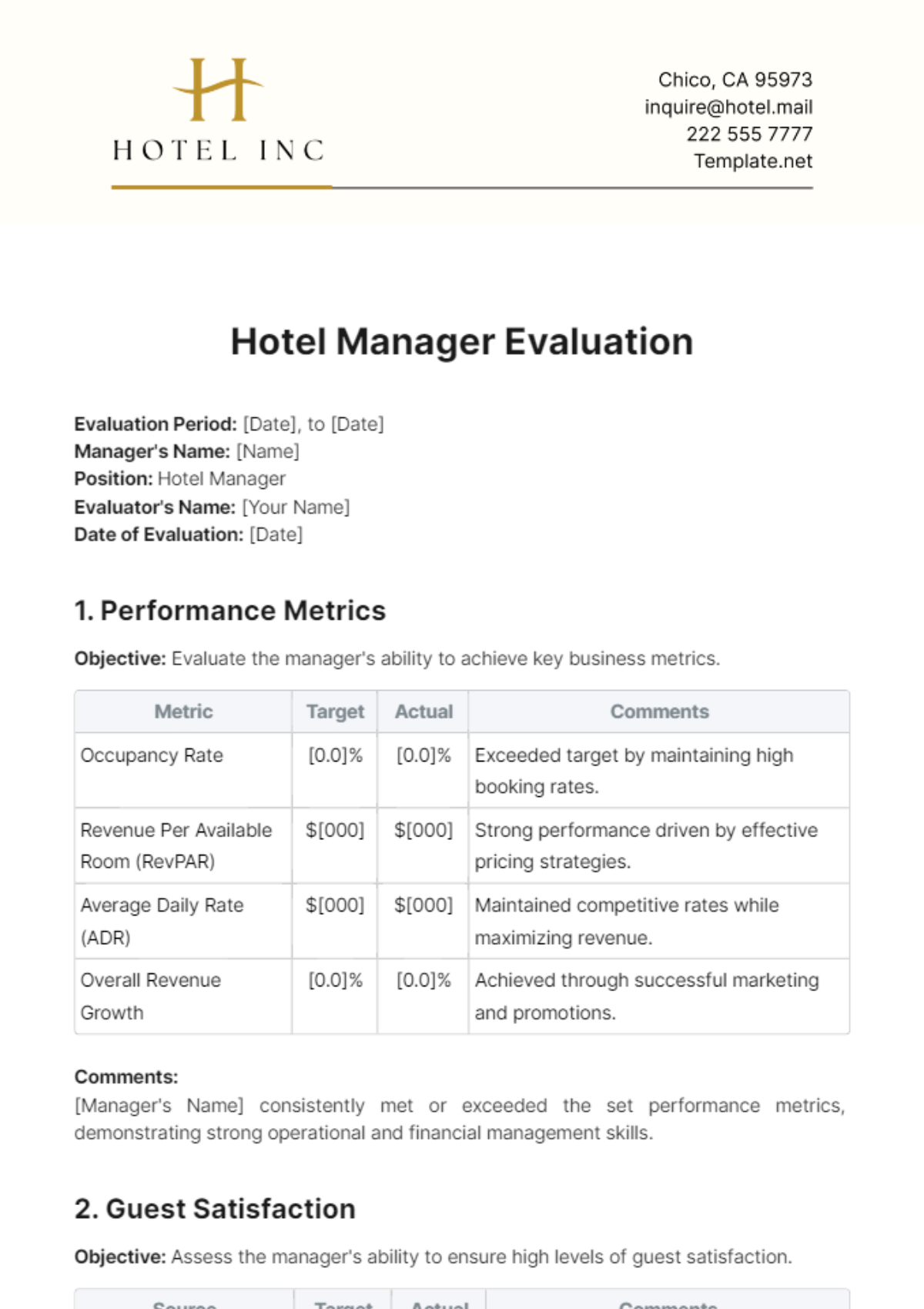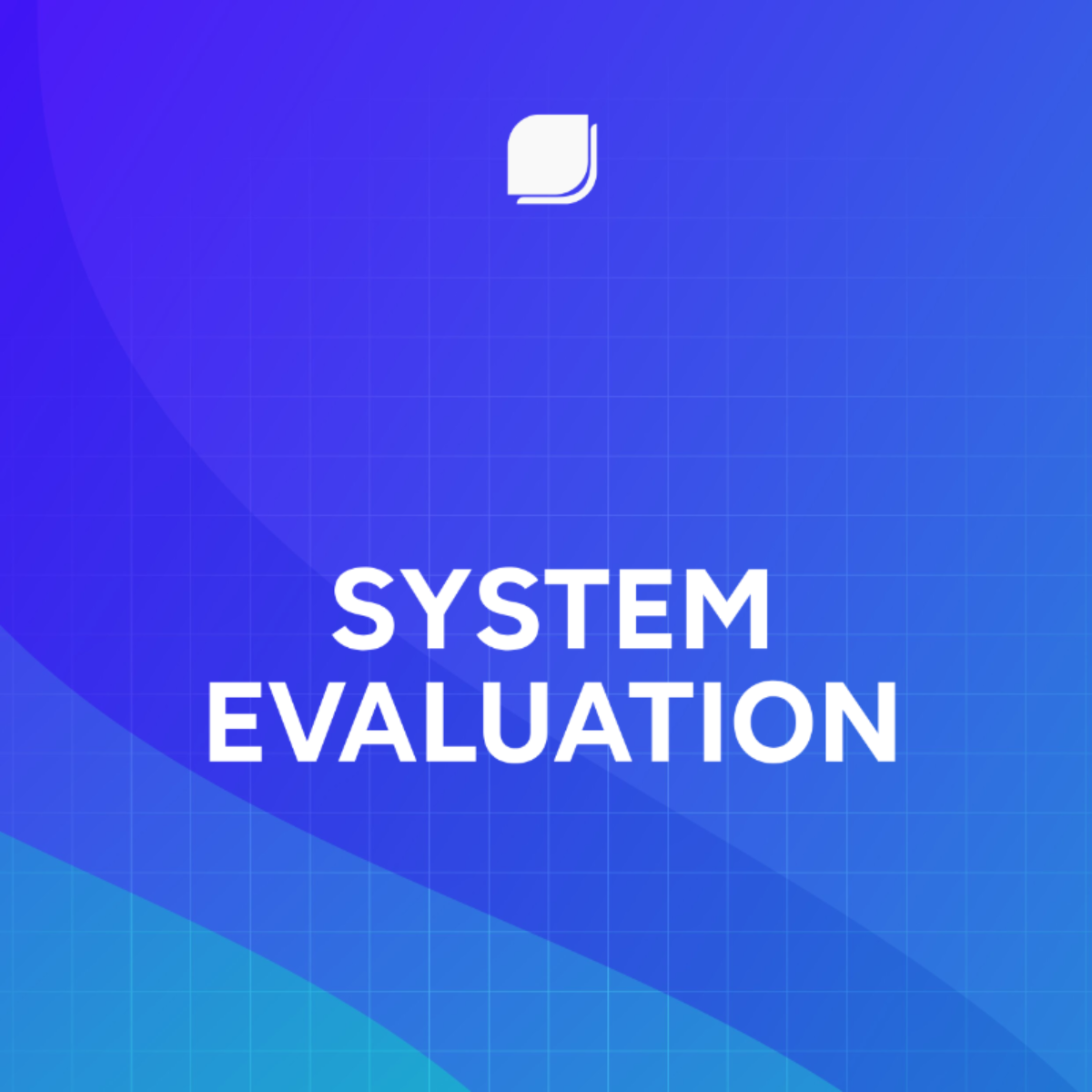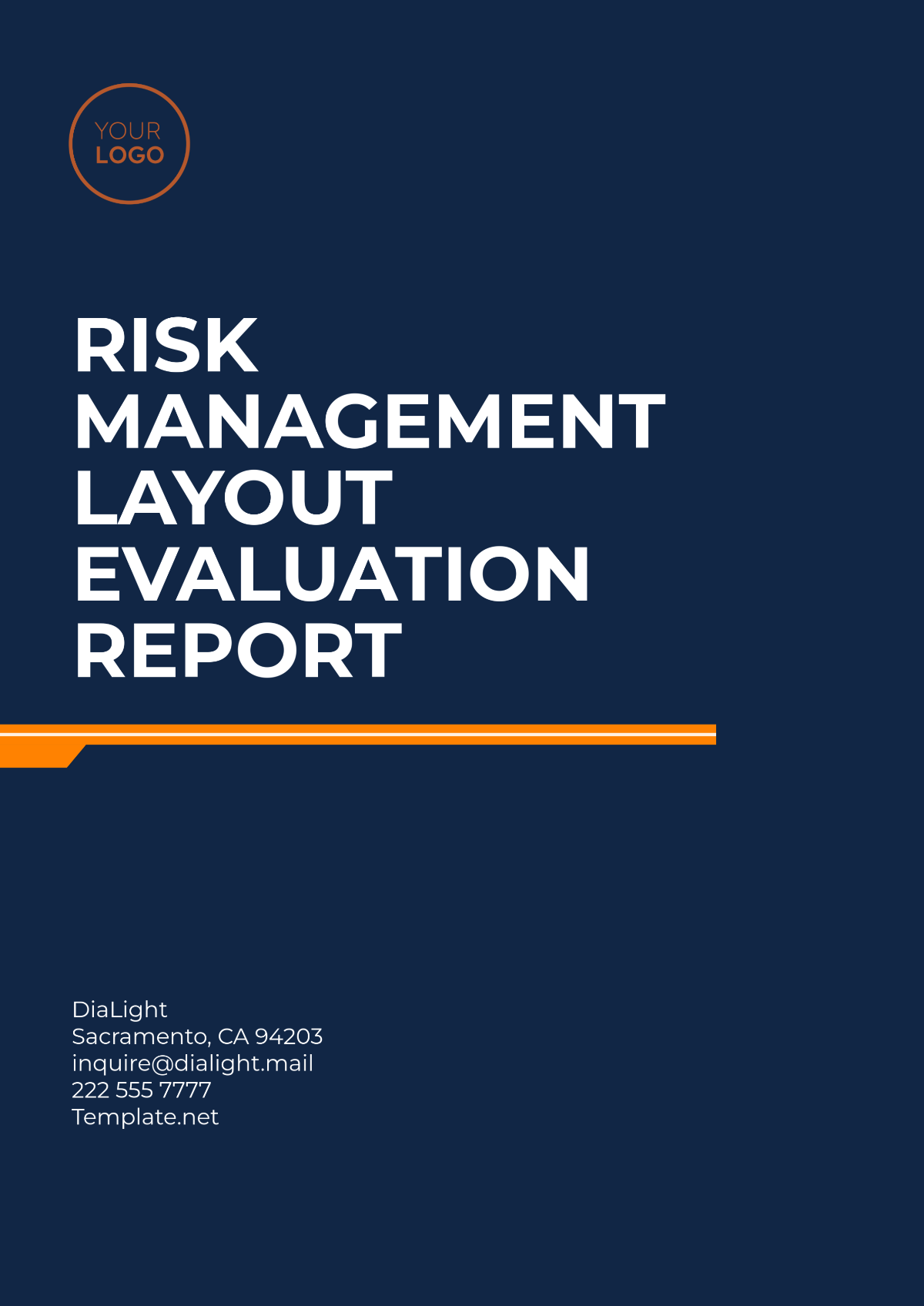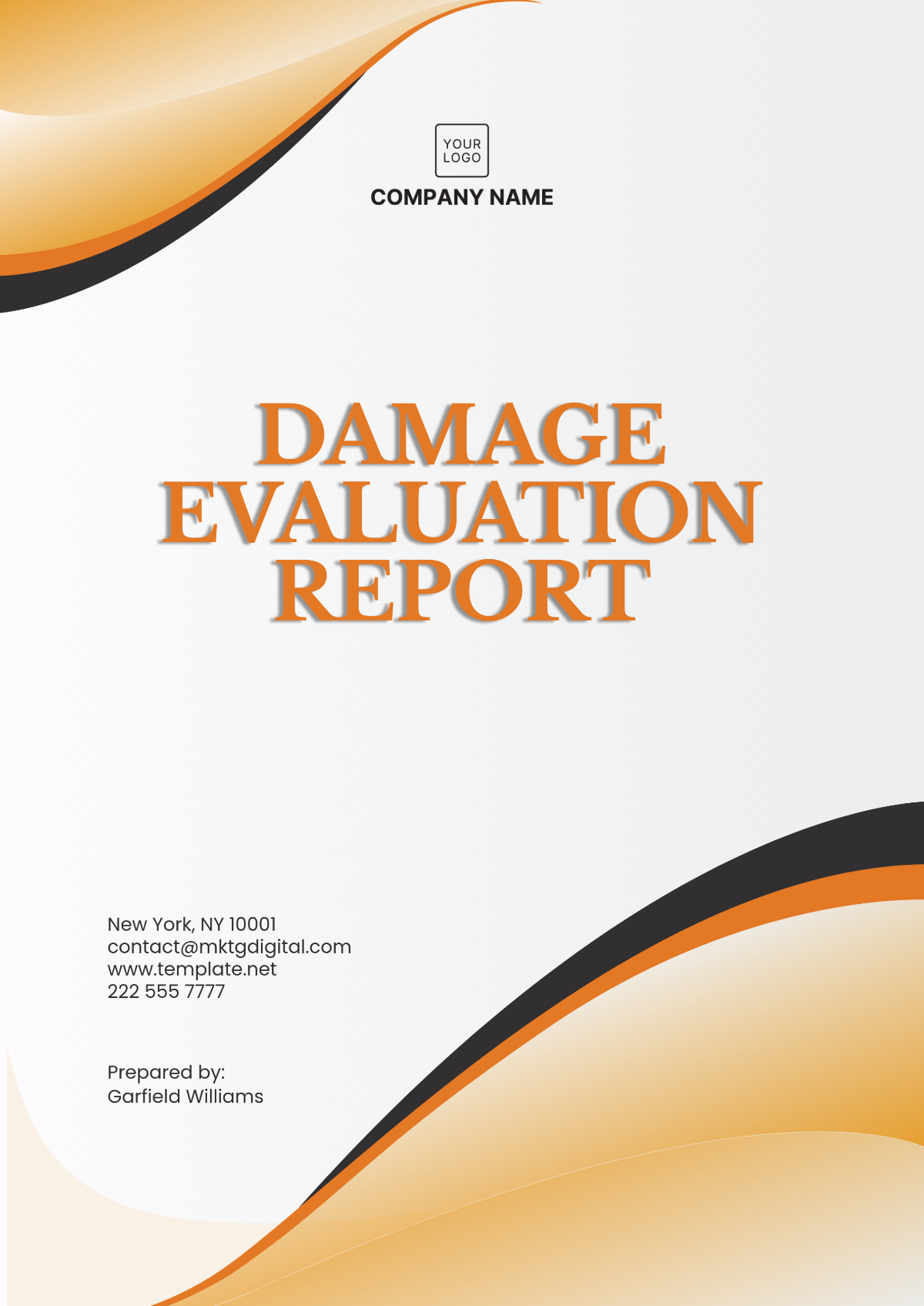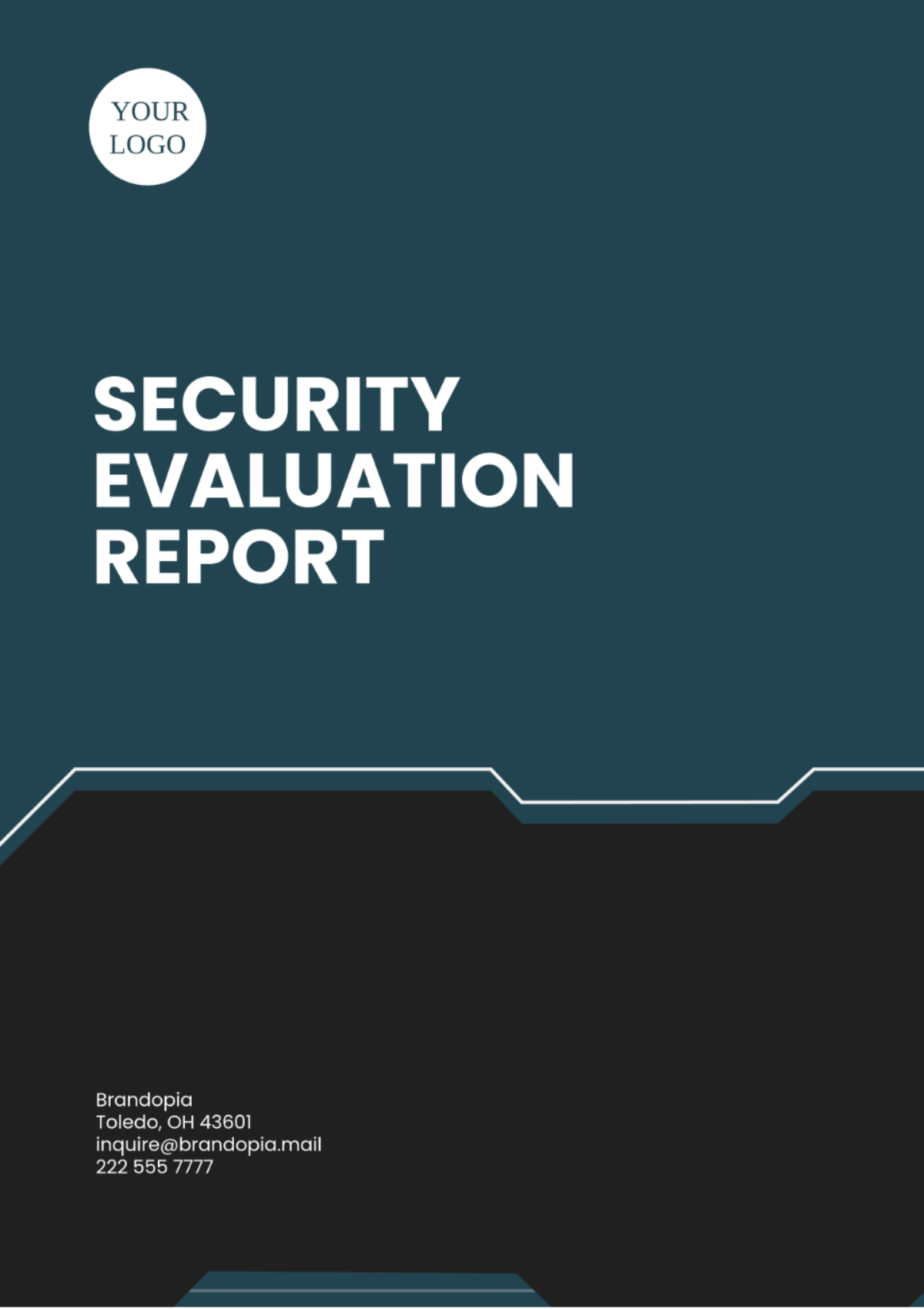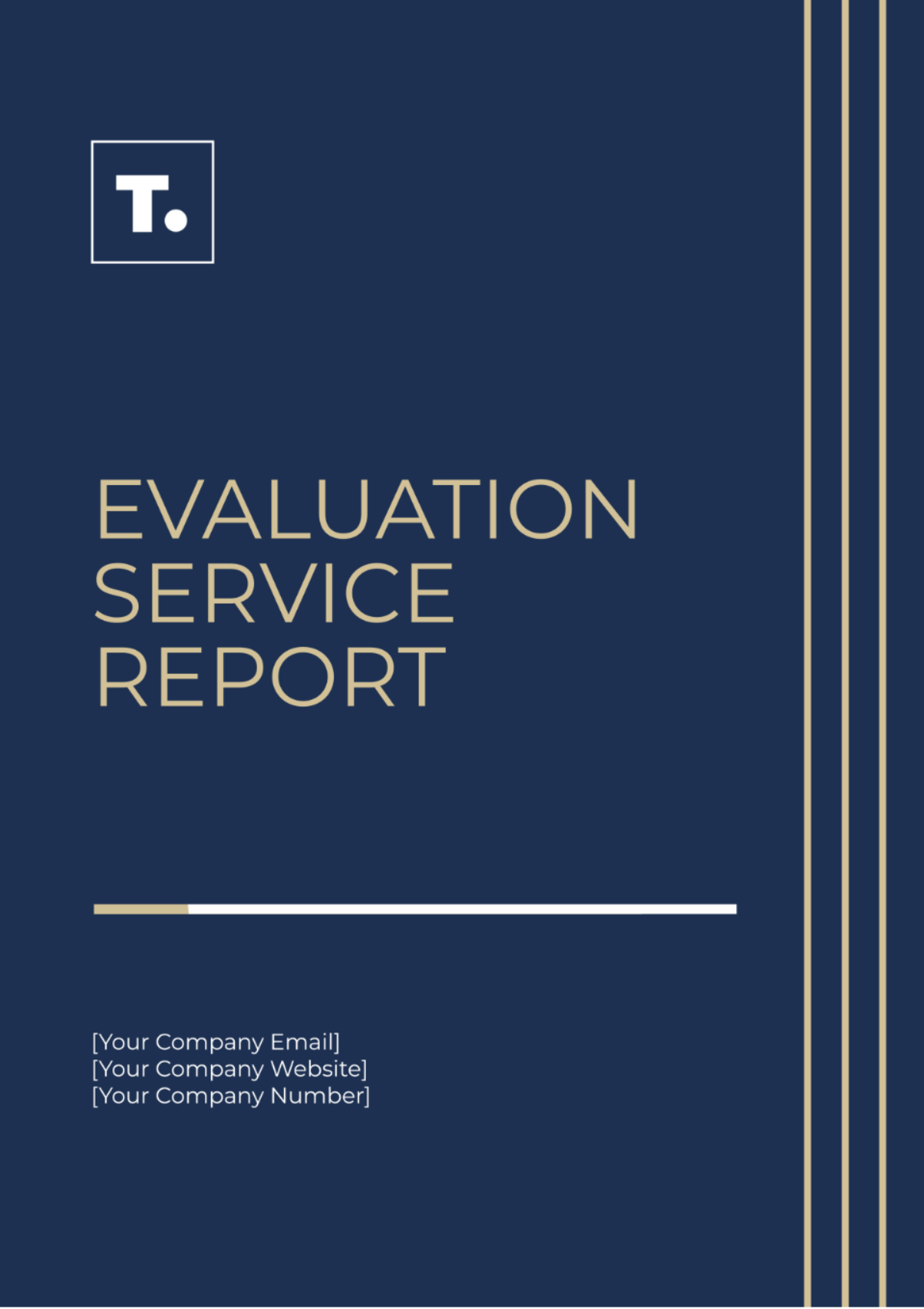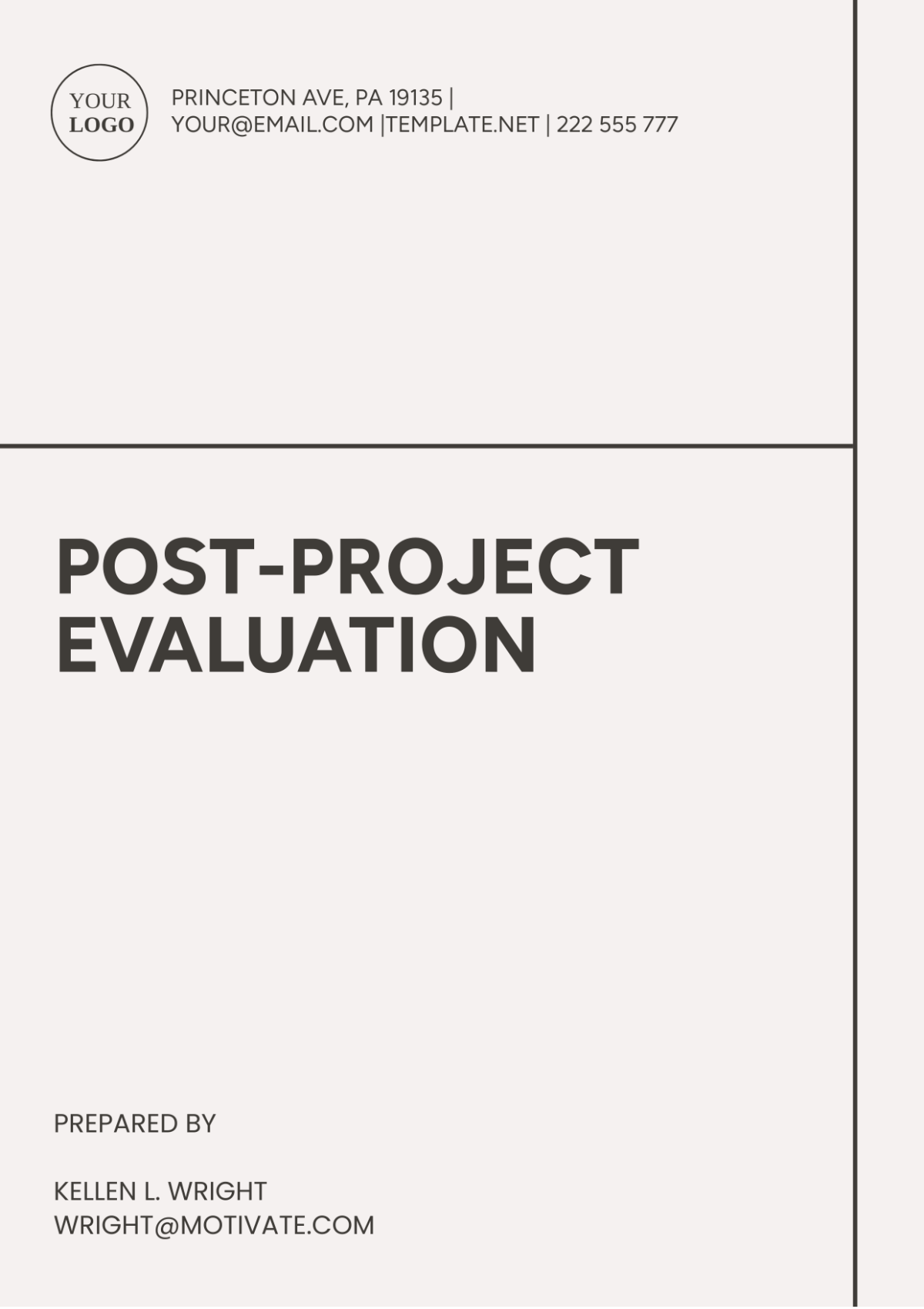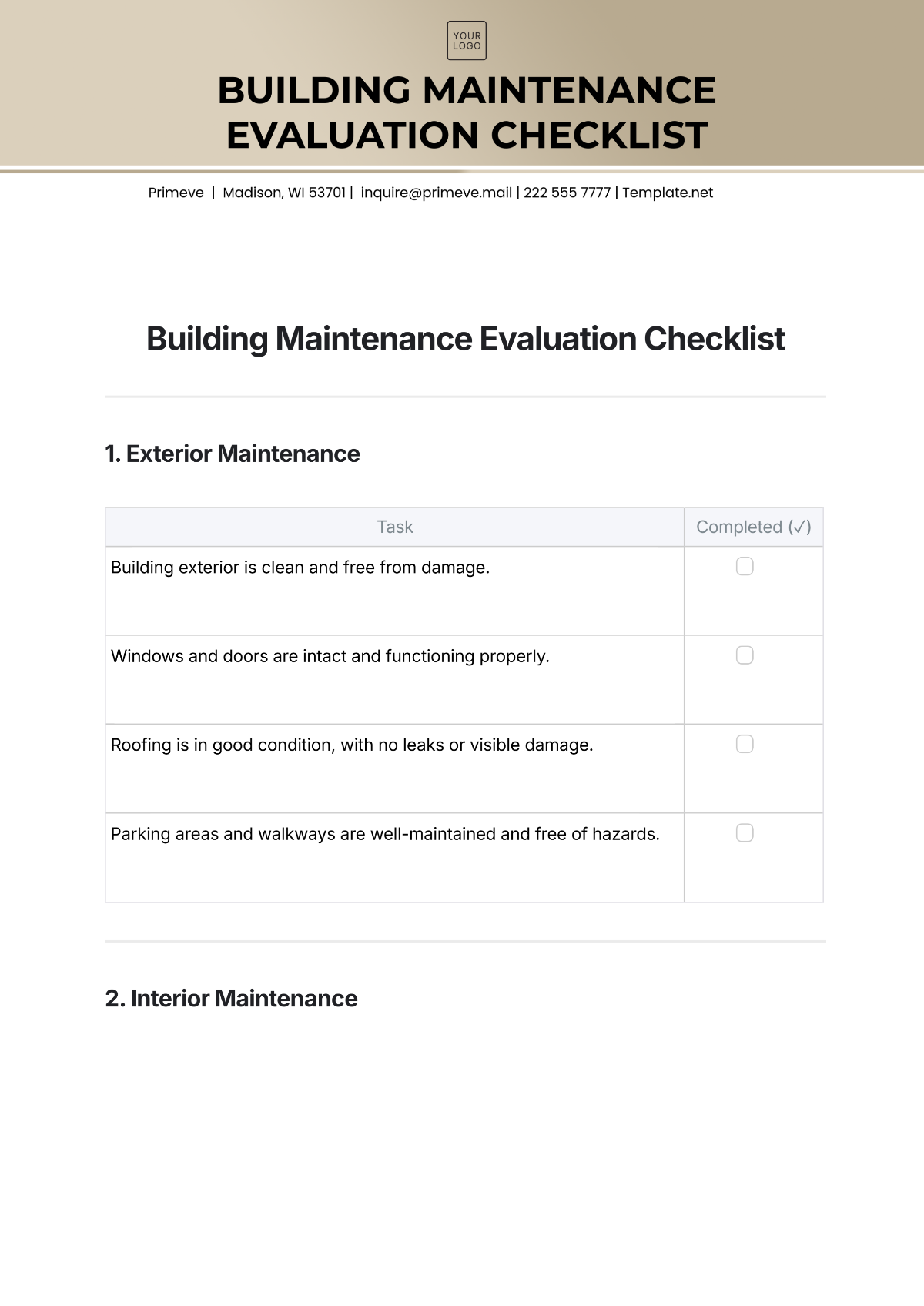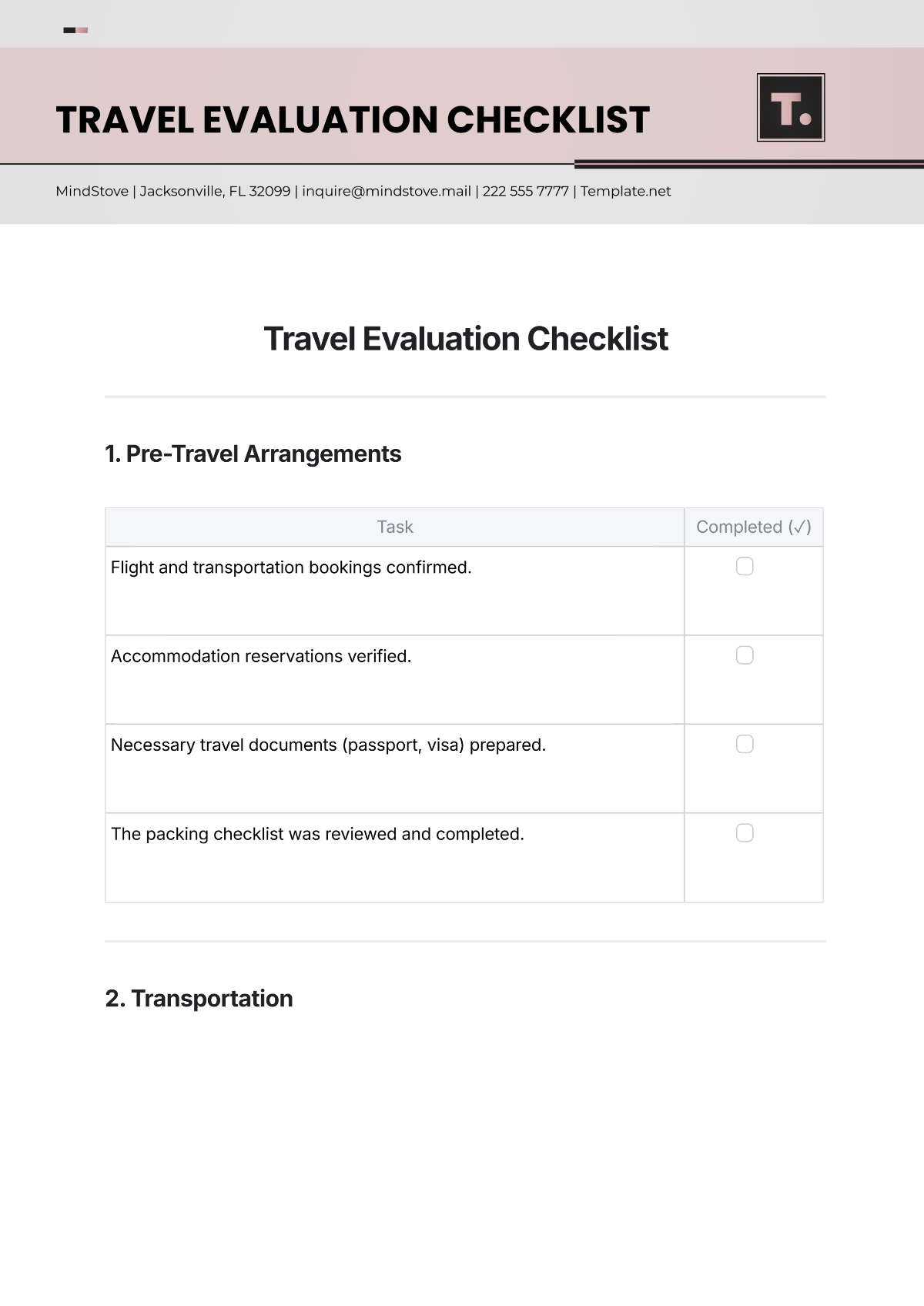Impact Evaluation
[YOUR COMPANY NAME]
Date: [DATE]
Introduction:
This Impact Evaluation assesses the efficacy of development initiatives, providing a detailed analysis of results and suggesting improvements. It employs various metrics to determine if the projects have reached their goals and aided sustainable development.
Background:
Evaluation of development projects and programs is key for resource efficiency and decision-making, considering factors like design, implementation, stakeholder involvement, and impact on communities.
Evaluation Criteria
Project Design: This criterion assesses project design clarity, coherence, and viability, examining if goals, objectives, and activities are well-planned and considering the needs and context of beneficiaries.
Implementation: This criterion evaluates project execution, examining timeline adherence, resource allocation, stakeholder coordination, problem-solving, and the quality of management practices used.
Stakeholder Engagement: This criterion measures stakeholder engagement, communication, and collaboration throughout the project, assessing their consultation, information sharing, participation in decision-making, and how their feedback was integrated into project activities.
Impact on Target Beneficiaries: This criterion assesses the project's impact and success in improving socio-economic factors, well-being, service accessibility, and empowering marginalized groups.
Sustainability: This criterion evaluates the project's long-term sustainability, stakeholder ownership, potential enduring benefits, and its resilience to external shocks.
Cost-effectiveness: This standard measures the effectiveness of resource use on results, assessing if the project's goals were achieved cost-effectively and resources were optimally distributed for maximum effect. It may involve comparing cost-effectiveness with other methods or interventions.
Innovation: This criterion gauges the innovation and creativity in a project's design, application, or results, and evaluates the effectiveness and efficiency of any new approaches, technologies, and methodologies introduced to overcome development obstacles.
Guidelines for Rating
Consideration of Context: Consider the project's context, objectives, and challenges when rating. Evaluate the criterion's alignment with the project's goals.
Evidence-based Evaluation: Rate based on evidence, data, and observations, not assumptions or opinions. Use both qualitative and quantitative indicators, evaluation reports, stakeholder feedback, and relevant information sources.
Holistic Assessment: Comprehensively assess each criterion considering all aspects, factors, and sub-parts, analyzing not just surface observations but also the underlying processes and impacts.
Comparative Analysis: Analyze project performance using different metrics to pinpoint strengths, weaknesses, potential improvements, and the effect of each metric on overall success and sustainability.
Consistency and Objectivity: Consistently and objectively apply the same criteria in all evaluations, avoiding personal or external bias.
Justification of Ratings: Justify your ratings clearly and briefly, using specific examples or evidence. Explain how your rating reflects the project or program's performance.
Feedback and Improvement: Use ratings to provide constructive feedback and enhance progress. Identify strong and weak areas for future project planning, execution, and evaluation.
Rating Scale (1-5)
1: Poor - The criterion is significantly deficient, with minimal or no achievement of the desired outcome.
2: Fair - The criterion is somewhat effective, but there are noticeable areas for improvement.
3: Good - The criterion is effective, meeting expectations and demonstrating satisfactory performance.
4: Very Good - The criterion is highly effective, exceeding expectations and demonstrating strong performance.
5: Excellent - The criterion is outstanding, achieving exceptional results and setting high standards for performance.
Evaluation Table
Criteria | Rating (1-5) | Comments |
|---|---|---|
1. Project Design | ||
2. Implementation | ||
3. Stakeholder Engagement | ||
4. Impact on Target Beneficiaries | ||
5. Sustainability | ||
6. Cost-effectiveness | ||
7. Innovation |
Additional Comments/Feedback:
Comments |
|---|




